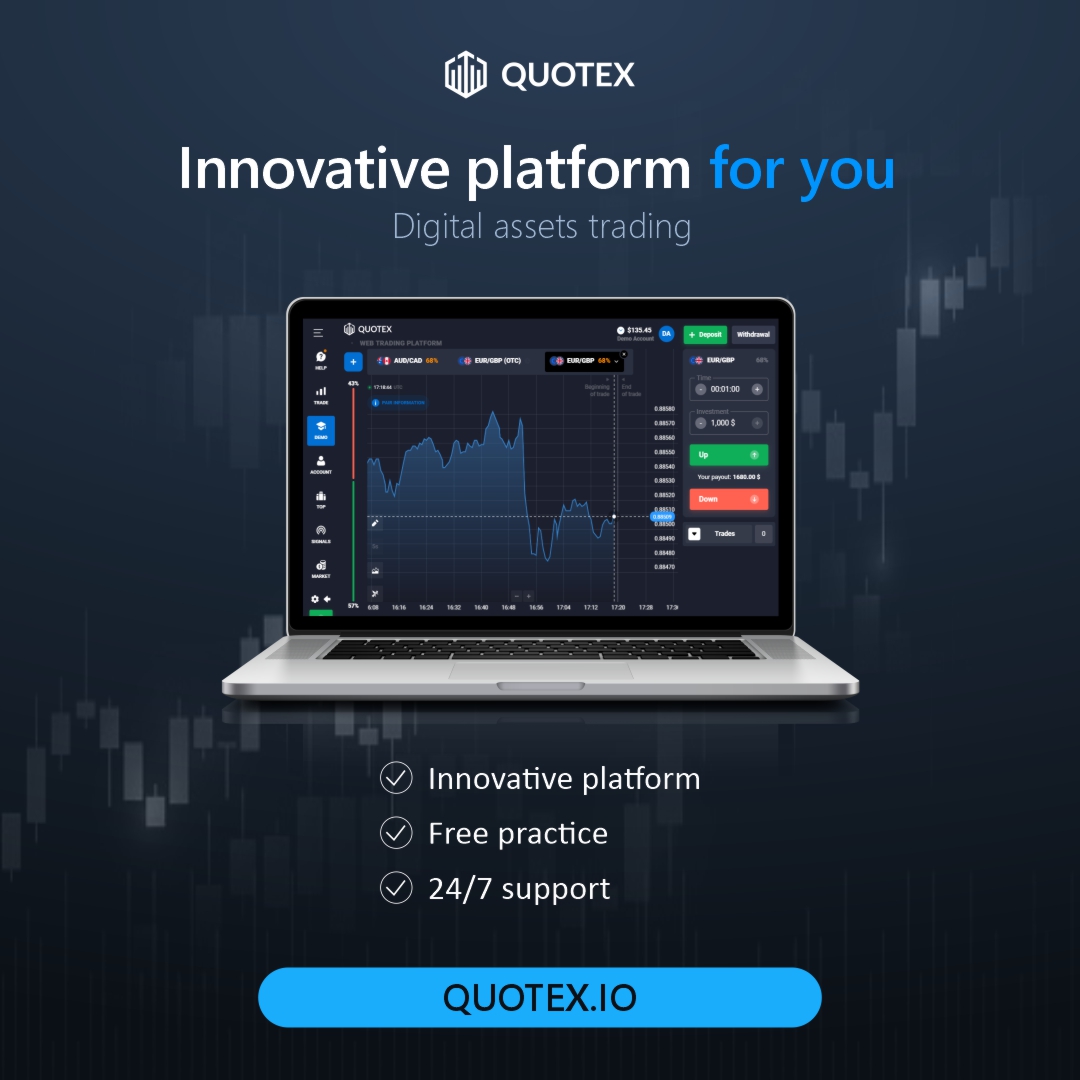Skale Labs announced today the launch of Fair, the first layer 1 of blockchain specially designed to eliminate the removable value of miners (MEV) and attend to the next generation of financial protocols promoted by AI. The new chain opens with Vodafone’s Poepoint as a founding validity.
The objective of eliminating the MEV, a form of value extraction where validators and bots manipulate blockchain transactions to obtain profits, integrating encryption at the consensus level through its patented bite protocol. The project is positioned as a safeguard for the next wave of the agent, autonomous software agents predicted more and more financial logic in the chain.
“MEV has an expiration date,” said Jack O’Holleran, CEO and co -founder of Skale Labs. “Each user today pays a tax on operations due to the MEV bots. With the increase in AI, this problem becomes exponential.”
“Just solve for MEV by embedding encryption directly into consensus and is the first block chain really resistant to MEV, solving a problem that the industry has long accepted as inevitable,” Jack added.
A block chain for the economy of AI
The announcement occurs when financial ecosystems prepare for a radical change driven by AI agents and defi convergence.
Bernstein has projected This total cryptography income could grow to approximately $ 400 billion by 2033, with the decentralized revenues of blockchain that represent almost half of this total. In addition, it is projected that the world market of AI agents will reach $ 50.31 billion by 2030. In the financial services sector, the AI agent market was valued at $ 490.2 million in 2024 and is expected to grow at $ 4.49 billion by 2030.
These forecasts can be achieved, provided there is infrastructure that guarantees transactional equity and data safety. The fair tone is to be that infrastructure.
The integration of Fair’s AI is not simply rumor. In the short term, you will use AI to detect and prevent intelligent contract exploits and abnormal transactions. Over time, you will admit complex agents capable of accessing liquidity, executing the investment logic and interacting safely with other chain entities, everything that is immune to starting attacks or sandwiches.
Fair will be fed by Fair EVM, a personalized C ++ Virtual Virtual Machine that presents an asynchronous execution, instantaneous purpose and optimization at the database level. The result is a network capable of handling the logic of high frequency agent while preserving privacy.
Vodafone’s role and cross -industry collaboration
The launch of Fair is even more distinguished by his collaboration with Parpoint by Vodafone. “The rapid evolution of AI and other automation technologies is forcing the evolution of a new digital infrastructure to serve the digital world in rapid evolution, and Cellular, Web3 and IA will be part of it,” said David Palmer, director of Vodafone Parpoint Products. “As part of technological convergence, this requires the adoption of blockchain is growing with the potential to form a bond of trust and automation between people, companies, IoT devices and even AI agents, which puts significant emphasis on safety both on the edge and chain to prevent attacks such as removable value attacks (MEV).”
The participation of Vodafone is part of a broader trend in which telecommunications giants are exploring blockchain for reliable machine -to -machine interactions (M2M). Fair alignment with telecommunications infrastructure can help him obtain early adoption in sectors where confidence in the edge and integrity of transactions are essential, such as intelligent logistics, autonomous mobility and decentralized trade.
Just introduce your own native token
While Fair will introduce its own native token, the existing token $ skl of the Skale ecosystem will retain significant utility through the burning mechanics and the functions of the cross chain, effectively joining both networks. A large part of the next Fair Tokens supply will be assigned to SKL holders, encouraging developers and users to participate in the new ecosystem.
Developers will also get access to SDK just, which extends encryption, private execution and interaction of the existing skate chains. More than 55 million wallets are already using Skale -based applications, which have collectively saved more than $ 12 billion in gas rates from the launch. These applications can obtain immediate MeV resistance and compatibility with AI encrypted.
Why does it matter?
MEV has been seen for a long time as a necessary evil in Blockchain, inevitable due to the public nature of the memions and reasons for benefits of validators. Solutions have emerged at the level of application and middleware, such as Flashbot MEV broadcast mechanisms and private orders flow, but critics argue that they create new centralization points.
Fair adopts a more fundamental approach to modifying consensus itself.
The launch of Fair also adds a new dimension to continuous competition between modular and monolithic blockchains. By maintaining the execution, consensus and integration AI-Integration well coupled, Skale Labs is betting on the performance and native characteristics about composability with third-party middleware.
Fair is currently in Testnet with a Mainnet launch that is expected later in 2025. If it succeeds, it could change how AI agents, the DEFI protocols and companies see blockchain as a transactional substrate, not only for humans, but for the real -time software negotiation value.
With the growing institutional interest, especially of the telecommunications and companies sectors, the fair can be the first of many AI blockchains that challenge long -standing cases in the defi architecture.
Read also: Voya Games brings Craft World to Ronin, Lanza Dyno Coin only public services
Discharge of responsibility: The information provided in Alexablockchain is only for informative purposes and does not constitute financial advice. Read the discharge of complete responsibility here.
Image credits: Skale Labs, Canva




